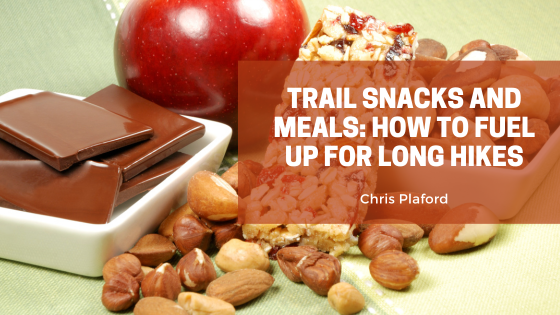Embarking on a hiking adventure offers more than just scenic views and fresh air; it’s a physical challenge that demands proper nutrition to keep you energized throughout the journey. Whether you’re tackling a day hike or a multi-day trek, the food you pack can make a substantial difference in your performance and overall experience.
Understanding Your Body’s Needs
Before diving into the world of trail snacks and meals, it’s crucial to grasp your body’s requirements during physical exertion. Hiking demands sustained energy, so your meals should be balanced with carbohydrates, proteins, and healthy fats.
Pre-Hike Nutrition
A well-fueled body starts before hitting the trail. Consume a meal rich in complex carbohydrates, like oatmeal or whole-grain toast with peanut butter, a couple of hours before your hike. This provides a steady release of energy to kick-start your adventure.
On-the-Go Snacks
For shorter hikes, portable snacks that offer quick energy boosts are key. Nuts, dried fruits, energy bars, and trail mixes composed of nuts, seeds, and dried fruits are excellent choices. They’re lightweight, don’t require refrigeration, and pack a punch in terms of nutritional value.
Trail-Worthy Meals
For longer treks or overnight hikes, consider heartier meals to replenish energy stores. Dehydrated meals or freeze-dried options are convenient and lightweight, requiring minimal preparation. These meals, once rehydrated, provide a satisfying mix of nutrients and are easy to pack and carry.
Hydration
Staying hydrated is just as important as eating the right foods. Water is fundamental, but electrolytes are essential for replenishing what’s lost through sweat. Consider packing electrolyte tablets or powders to mix into your water bottle.
Strategic Packing
When packing your trail snacks and meals, think about weight, size, and ease of access. Use resealable bags or small containers to portion out snacks for easy consumption while on the move. Organize your backpack to keep frequently accessed items readily available.
Listen to Your Body
Everyone’s nutritional needs differ, so pay attention to how your body responds to various foods during hikes. Keep track of what works best for you—some might thrive on nuts and dried fruits, while others prefer granola bars or jerky.
Post-Hike Recovery
After completing your hike, it’s crucial to replenish your body. Aim for a meal rich in protein and carbohydrates within an hour or two of finishing. This aids muscle recovery and replenishes glycogen stores, preparing you for your next adventure.
Fueling up for long hikes requires a thoughtful approach to nutrition. From quick, energizing snacks to hearty trail meals, the food you choose directly impacts your performance and enjoyment on the trail. Understanding your body’s needs, staying hydrated, and packing strategically are key elements to ensure a successful hiking experience. Experiment with different snacks and meals during your training hikes to find what works best for you, and remember, a well-fed body is a happy hiking body.

